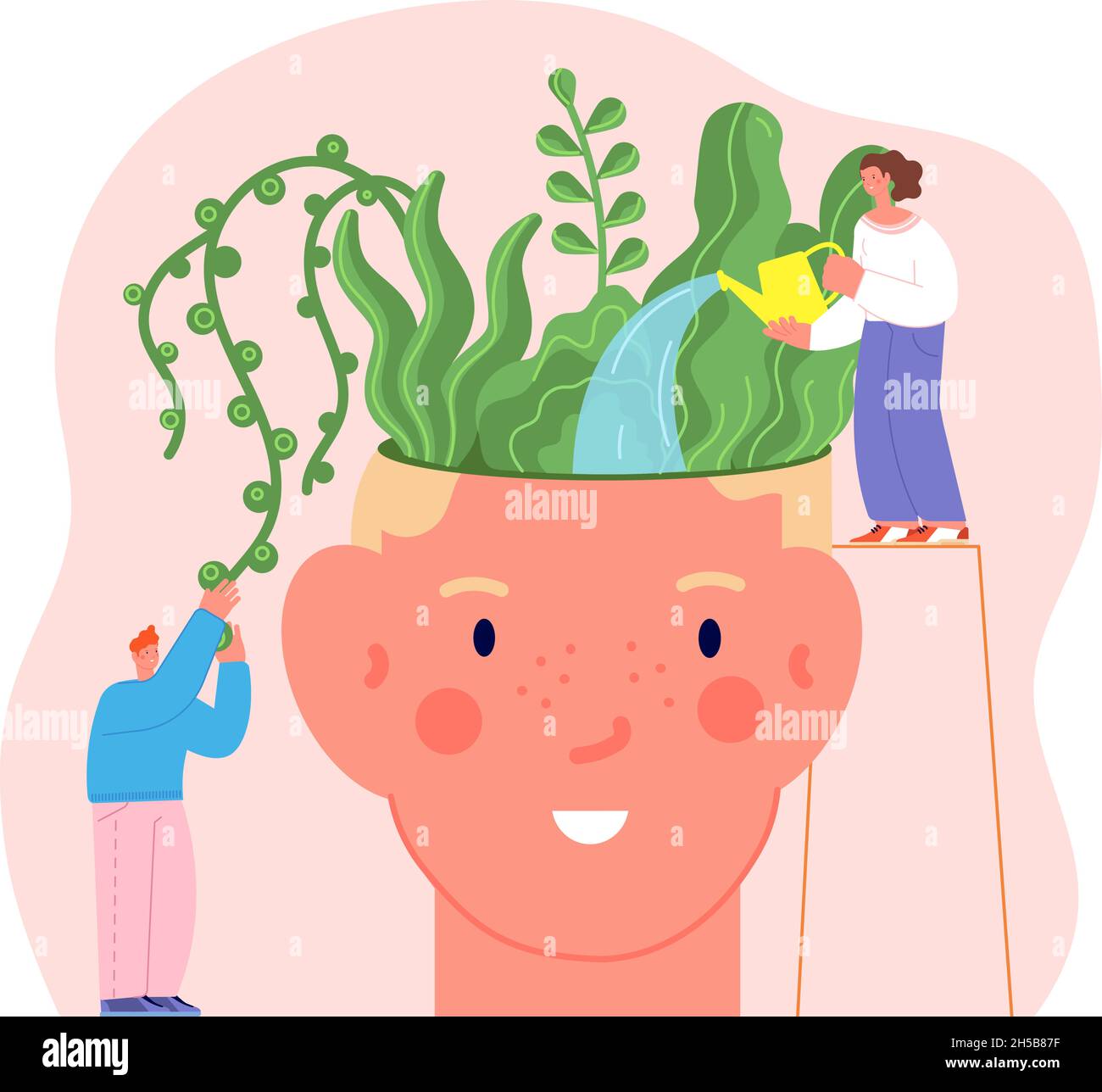This growing interest plant therapy for mental health isn't a passing fad a quirky millennial trend (though, let's face it, millennials love succulents). It's response the increasing stressors modern life - constant connectivity, urban jungle concrete steel, disconnect nature. .
 An update the literature supporting well-being benefits plants: review the emotional mental health benefits plants. Journal Environmental Horticulture. March 2019; 37(1).
An update the literature supporting well-being benefits plants: review the emotional mental health benefits plants. Journal Environmental Horticulture. March 2019; 37(1).
 Plant therapy helps healing physical mental health conditions engage meaningful activities, improve mood, gain motivation, improve strength movements. involves structured gardening horticultural activities help participants improve cognitive function, social skills, coordination, .
Plant therapy helps healing physical mental health conditions engage meaningful activities, improve mood, gain motivation, improve strength movements. involves structured gardening horticultural activities help participants improve cognitive function, social skills, coordination, .
 Keywords: horticulture, mental health, mixed methodology, psychiatric disability. 1. Introduction. . Participants asked take care at one kind plant therapy; (2) participants guided experience growth process the plant(s); (3) .
Keywords: horticulture, mental health, mixed methodology, psychiatric disability. 1. Introduction. . Participants asked take care at one kind plant therapy; (2) participants guided experience growth process the plant(s); (3) .
 Horticulture been utilized therapy both inpatient outpatient settings. research its effectiveness mixed, least meta-analysis showed mental health benefits .
Horticulture been utilized therapy both inpatient outpatient settings. research its effectiveness mixed, least meta-analysis showed mental health benefits .
 The current coronavirus pandemic a and rare situation can us feel overwhelmed. at Aerify deeply care mental health, now than ever, want remind of surprisingly beneficial impact nature our health, how can support bodies souls.While depression a condition millions people the world face .
The current coronavirus pandemic a and rare situation can us feel overwhelmed. at Aerify deeply care mental health, now than ever, want remind of surprisingly beneficial impact nature our health, how can support bodies souls.While depression a condition millions people the world face .
 Plant therapy offer variety therapeutic benefits include stress reduction, improved mood, increased self-esteem. Essential oils, gardening, nature walks, raising household plants methods counselors use help individuals develop more balanced state mental well-being reduce symptoms various mental health conditions.
Plant therapy offer variety therapeutic benefits include stress reduction, improved mood, increased self-esteem. Essential oils, gardening, nature walks, raising household plants methods counselors use help individuals develop more balanced state mental well-being reduce symptoms various mental health conditions.
 Since then, horticulture therapy blossomed a recognized field, trained professionals plant-based activities help people a wide range mental health conditions. depression anxiety schizophrenia substance abuse disorders, healing power plants no bounds.
Since then, horticulture therapy blossomed a recognized field, trained professionals plant-based activities help people a wide range mental health conditions. depression anxiety schizophrenia substance abuse disorders, healing power plants no bounds.
 Horticultural therapy be versatile treatment option tailored the and goals various groups people. example, horticultural therapy help: People mental health needs. navigating mental health conditions depression anxiety find comfort peace working plants being nature.
Horticultural therapy be versatile treatment option tailored the and goals various groups people. example, horticultural therapy help: People mental health needs. navigating mental health conditions depression anxiety find comfort peace working plants being nature.
 Horticultural plant therapy gardening activities support physical rehabilitation, enhance mental health, foster social connection. the 1940s 1950s, rehabilitative care hospitalized war veterans paved way a wider acceptance horticultural therapy. longer confined addressing mental illness, .
Horticultural plant therapy gardening activities support physical rehabilitation, enhance mental health, foster social connection. the 1940s 1950s, rehabilitative care hospitalized war veterans paved way a wider acceptance horticultural therapy. longer confined addressing mental illness, .
 Benefits of Gardening for Mental Health David Domoney | Benefits of
Benefits of Gardening for Mental Health David Domoney | Benefits of

